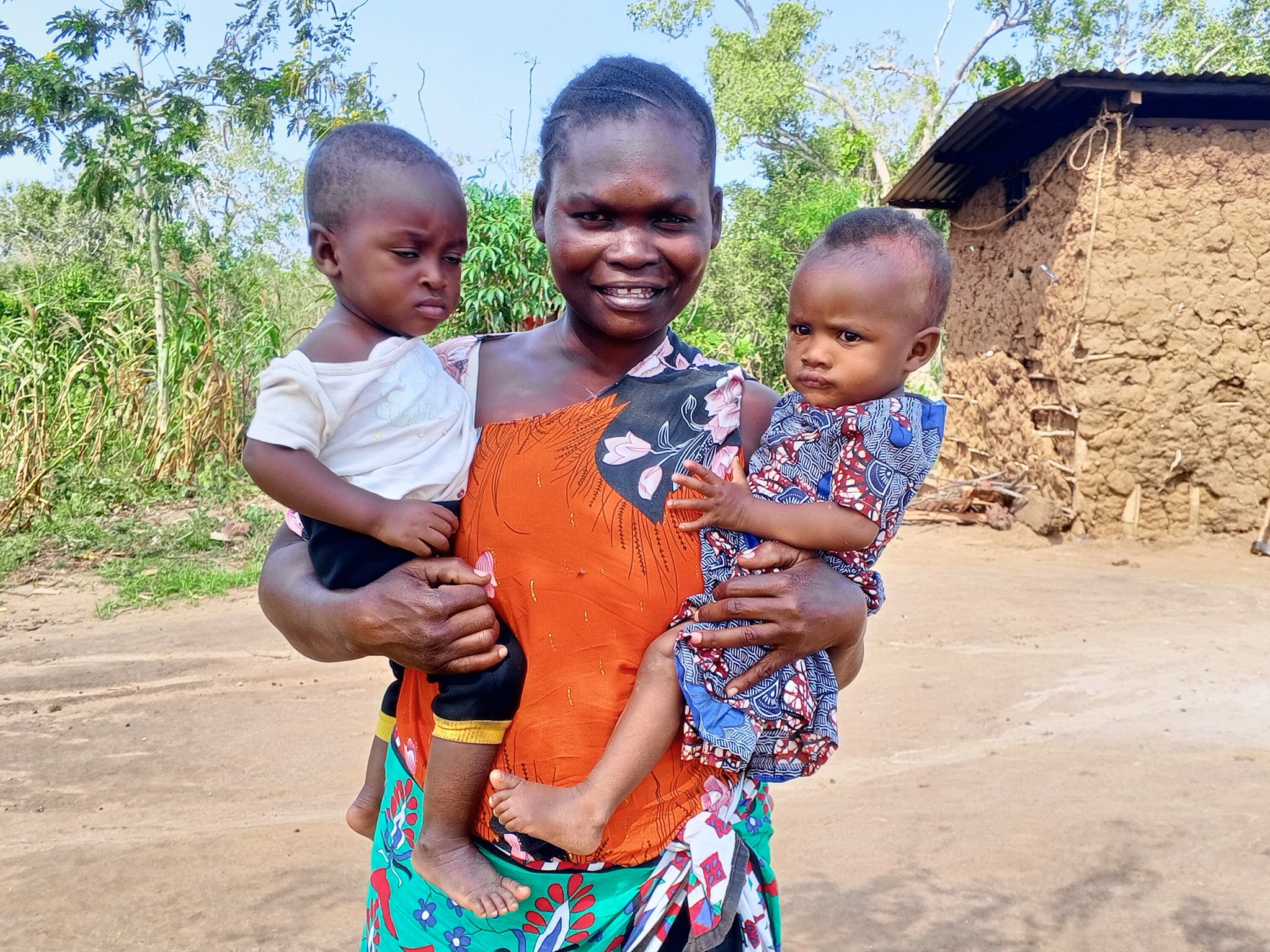**A Promising Experiment in Poverty Reduction**
The debate surrounding universal basic income (UBI) continues to rage, fueled by both fervent supporters and staunch critics. While the concept of a government-guaranteed income has gained traction in recent years, spurred by events like Andrew Yang’s presidential campaign and pandemic-era stimulus checks, empirical evidence remains a battleground. Recent large-scale studies in the US have yielded mixed results, some even suggesting a lack of impact on key indicators like health and financial well-being. However, a significant exception challenges this narrative, highlighting the potential of targeted cash transfers to dramatically improve child health outcomes.
**Dramatic Results in Child Mortality**
One study, the Baby’s First Years Study, initiated in 2018, stands out. This longitudinal study provided low-income American families with young children a substantial sum – $4,000 annually – for over four years. While previous broader UBI experiments in the US yielded inconclusive results, this targeted approach produced striking results: a 50% reduction in child mortality rates within the participating group. This dramatic decrease in child deaths offers compelling evidence for the effectiveness of direct cash transfers in addressing poverty’s devastating impact on vulnerable populations.
**Understanding the Nuances and Limitations**
The study’s success, however, should not be interpreted as a blanket endorsement of UBI programs without further qualification. The crucial difference lies in the targeted nature of the intervention. Unlike broader UBI initiatives that distribute cash indiscriminately, the Baby’s First Years Study focused specifically on low-income families with young children – a demographic uniquely susceptible to poverty’s detrimental effects on child health. This targeted approach allowed for a more concentrated impact, maximizing the effectiveness of the financial assistance. Furthermore, the study’s success underscores the importance of considering contextual factors when evaluating the efficacy of social programs. The specific needs of a population must be taken into account when designing and implementing such interventions.
**Implications for Policy and Future Research**
The findings from the Baby’s First Years Study present a powerful argument for the potential of targeted cash transfer programs to improve child health and reduce mortality rates. This targeted approach, focusing resources on the most vulnerable, demonstrably outperforms broader UBI trials in achieving tangible, life-saving results. The significant reduction in child deaths achieved in this study demands further investigation and replication to ascertain its generalizability across diverse contexts. Future research should explore the long-term impacts of these interventions, examining not only mortality rates but also other crucial child development indicators such as educational attainment and overall well-being. The success of this focused approach highlights the importance of carefully designing social programs to address specific societal challenges effectively. This calls for policymakers to move beyond simplistic UBI models and embrace more nuanced strategies tailored to the unique needs of vulnerable populations. The question isn’t simply whether cash transfers work, but how best to deploy them for maximum positive impact.
Based on materials: Vox





